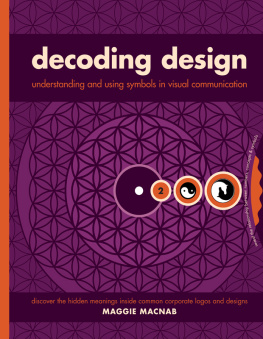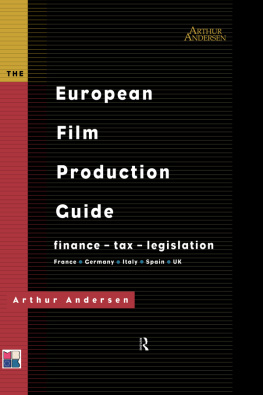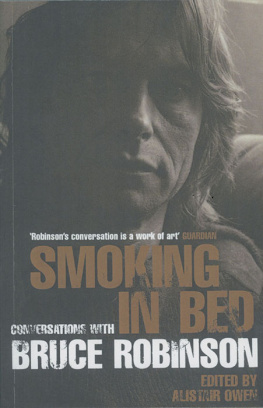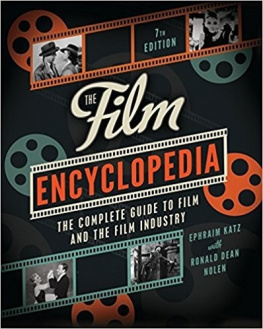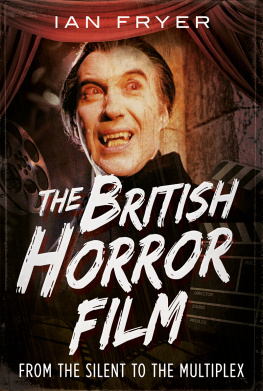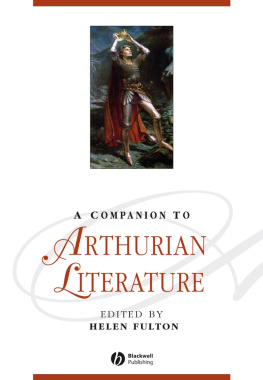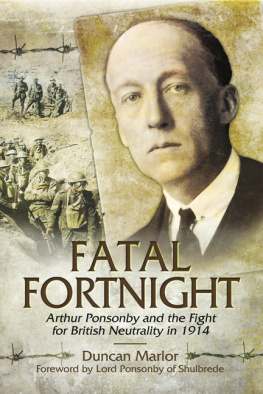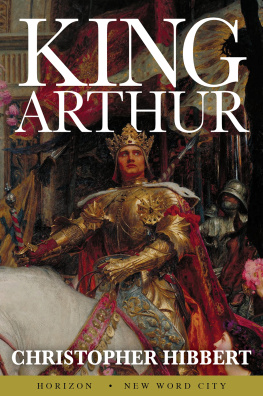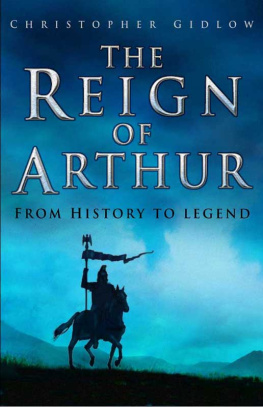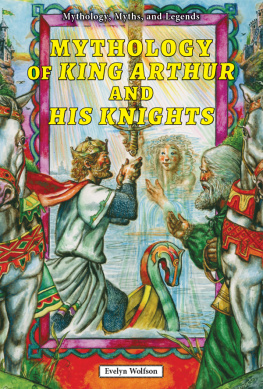Macnab - J. Arthur Rank and the British Film Industry
Here you can read online Macnab - J. Arthur Rank and the British Film Industry full text of the book (entire story) in english for free. Download pdf and epub, get meaning, cover and reviews about this ebook. year: 2013, publisher: Routledge, genre: Non-fiction. Description of the work, (preface) as well as reviews are available. Best literature library LitArk.com created for fans of good reading and offers a wide selection of genres:
Romance novel
Science fiction
Adventure
Detective
Science
History
Home and family
Prose
Art
Politics
Computer
Non-fiction
Religion
Business
Children
Humor
Choose a favorite category and find really read worthwhile books. Enjoy immersion in the world of imagination, feel the emotions of the characters or learn something new for yourself, make an fascinating discovery.

- Book:J. Arthur Rank and the British Film Industry
- Author:
- Publisher:Routledge
- Genre:
- Year:2013
- Rating:3 / 5
- Favourites:Add to favourites
- Your mark:
- 60
- 1
- 2
- 3
- 4
- 5
J. Arthur Rank and the British Film Industry: summary, description and annotation
We offer to read an annotation, description, summary or preface (depends on what the author of the book "J. Arthur Rank and the British Film Industry" wrote himself). If you haven't found the necessary information about the book — write in the comments, we will try to find it.
J. Arthur Rank and the British Film Industry — read online for free the complete book (whole text) full work
Below is the text of the book, divided by pages. System saving the place of the last page read, allows you to conveniently read the book "J. Arthur Rank and the British Film Industry" online for free, without having to search again every time where you left off. Put a bookmark, and you can go to the page where you finished reading at any time.
Font size:
Interval:
Bookmark:
General Editor
Jeffrey Richards
Department of History, University of Lancaster
Jeffrey Richards
From Douglas Fairbanks to Michael York
Jeffrey Richards
Film and American Society 193952
Colin Shindler
Cowboys and Europeans: From Karl May to Sergio Leone
Christopher Frayling
Cinema and Society in Britain 1930-39
Jeffrey Richards
Myth and History
Derek Elley
Stephen G. Jones
Edited by Jeffrey Richards and Dorothy Sheridan
Annette Kuhn
European Directors in America, 1922-1931
Graham Petrie
British Film Censorship in Action, 1913-1972
James C. Robertson
Cinema and Society in Britain 1939-1948
Robert Murphy
The Feature Film in British and American Society
Peter Stead
John Grierson and the Documentary Film Movement
Ian Aitken

by Routledge
2 Park Square, Milton Park, Abingdon, Oxon, OX14 4RN
by Routledge
270 Madison Ave, New York NY 10016
Macnab, Geoffrey
J. Arthur Rank and the British Film
Industry. (Cinema & Society Series)
I. Title II. Series
791.43092
Macnab, Geoffrey
J. Arthur Rank and the British film industry / Geoffrey
Macnab.
p. cm.
1. Rank OrganisationHistory. 2. Rank, J. Arthur, 18881972.
3. Motion picture industry Great Britain History. I. Title.
PN1999.R37M33 1993
384' .8'0941-dc20 92-24832
The publisher has gone to great lengths to ensure the quality
of this reprint but points out that some imperfections
in the original may be apparent
From kids and cartoons to the Charm School
British cinema and society, 1946-50
The entertainment tax
Davis prunes
The Xerox years
Font size:
Interval:
Bookmark:
Similar books «J. Arthur Rank and the British Film Industry»
Look at similar books to J. Arthur Rank and the British Film Industry. We have selected literature similar in name and meaning in the hope of providing readers with more options to find new, interesting, not yet read works.
Discussion, reviews of the book J. Arthur Rank and the British Film Industry and just readers' own opinions. Leave your comments, write what you think about the work, its meaning or the main characters. Specify what exactly you liked and what you didn't like, and why you think so.

